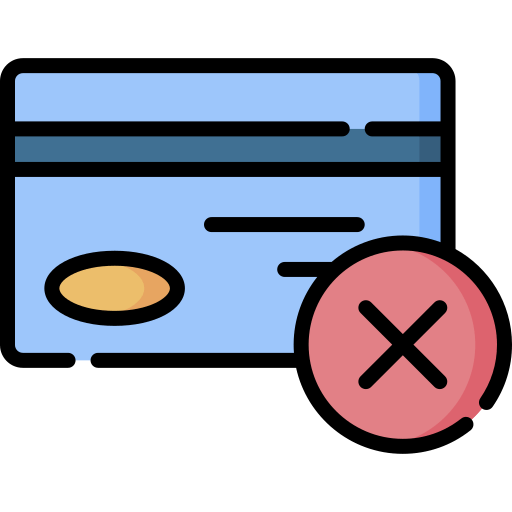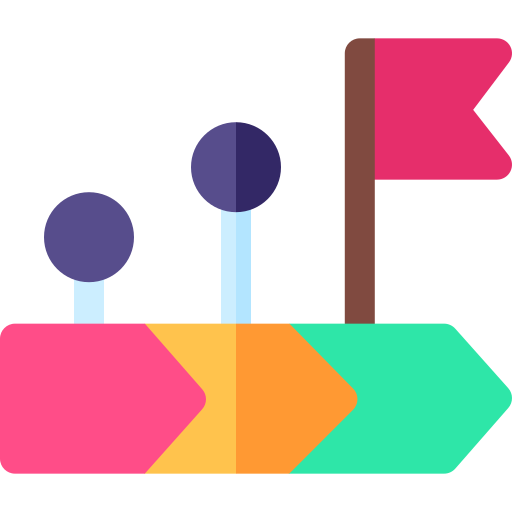
About Career Path
The Product Owner needs to be a strong business decision-maker depending on the scope and criticality of the project. It is better to start the Product Owner career with market trends vision, UX/UI design, Technical abilities, and Data analysis knowledge. Having few years of experience is possible to move to C-level positions.
Responsibilities
The Product Owner focuses on such areas as building a valuable and shippable product and building product with maximum value. The main responsibilities of the Product Owner are maximizing product value and scrum team collaboration. The Product Owner primarily faces on customer and scrum team.
List of typical daily duties for Product Owner:
- Maximize Product Value;
- Provide Product Vision;
- Expertise Product Marketing;
- Make Decision about Product Release;
- Lead Customer Involvement;
- Collaborate Scrum Team Effectively;
- Manage Product Backlog.
Career Path's Courses
-
Agile Project Management with JIRA
JIRA for agile gives you complete understanding and hands-on experience on how one can utilize JIRA to implement effectively ...651 students enrolled -
Master Job Preparation Course
This course provides in-depth job preparation training, including resume building, interview strategies, and tips for phone ...No student enrolled

